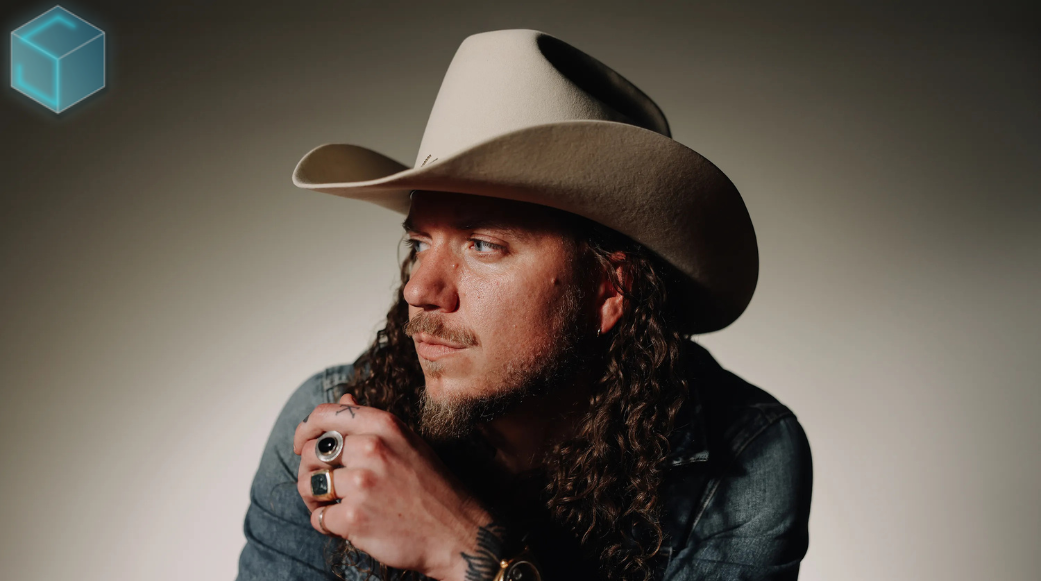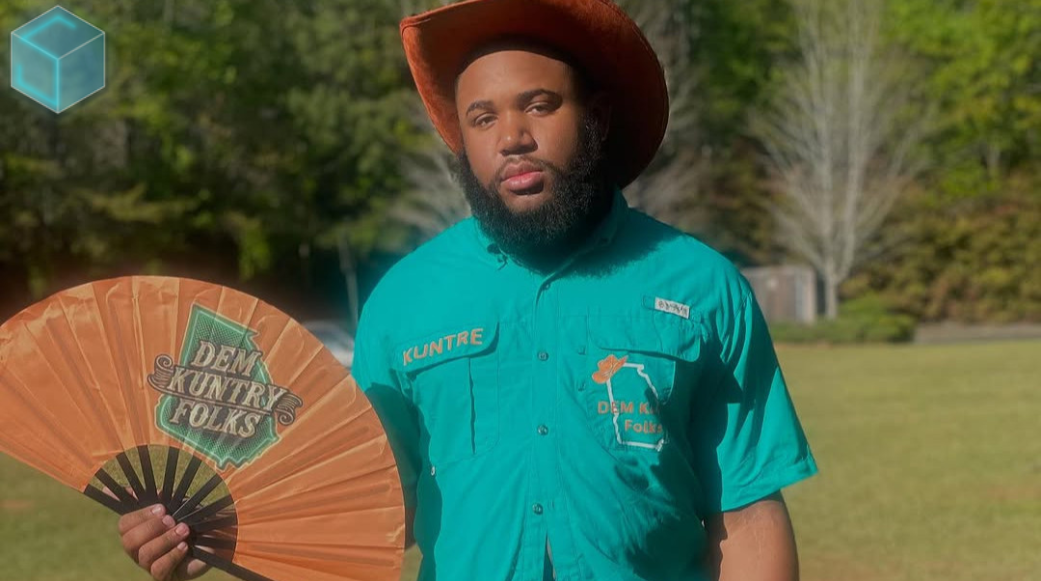
October 23, 2025
Discover how Mix Master strengthens your brain just like an instrument - training focus, creativity, and emotional intelligence through the science of sound.
Read more.png)
September 8, 2025
Tools like Suno are now powerful enough to generate melodies, lyrics, and even full songs in seconds. That’s exciting—and controversial. Just ask Timbaland. Recently, he came under fire..
Read more
August 23, 2025
The 1980s and 1990s analog music medium known as cassette cassettes is experiencing an unanticipated comeback, with Gen Z spearheading the trend. Taylor Swift, who included cassettes in the release...
Read more
August 23, 2025
This week's most notable headline: Doja Cat's erotically charged, '80s-inspired music video, "Jealous Type," is dominating social media feeds and cultural discourse, marking her most daring...
Read more
August 23, 2025
J-hope and GloRilla's "Killin' It Girl," a spectacular blend of K-pop flare and shameless hip-hop heat that has taken the world by storm, is this week's winner of the Best Collaboration of Summer...
Read more
August 23, 2025
Carly Rae Jepsen is giving fans the ultimate gift for the 10th anniversary of her critically adored album Emotion: a special edition featuring four never-before-heard tracks and two fresh remixes...
Read more
August 23, 2025
The wait is over, ARMY! BTS is officially back together and balancing work and play in their first moments of reunion after completing mandatory military service. J-Hope sent fans into a frenzy...
Read more
August 23, 2025
Christian music stepped outside of its quiet comfort zone in 2025. "Hard Fought Hallelujah," a worship song by Brandon Lake, went platinum, sold out festival stages, and exploded from churches to...
Read more
August 23, 2025
In late July 2025, Christian artist Forrest Frank (of Surfaces, now a solo juggernaut in faith-pop) posted from a hospital bed: he’d fractured his L3 and L4 vertebrae in a skateboarding accident...
Read more
August 21, 2025
On September 16, the masked metal phenomenon Sleep Token will embark on their 2025 "Even In Arcadia Tour" across North America. The 18-show tour, which includes a huge date at Brooklyn's Barclays...
Read more
August 21, 2025
Due to a line dance that went viral and won over fans' hearts both inside and outside of the United States, 22-year-old Tre Little's song "Boots on the Ground" has become a cultural sensation this...
Read more
August 21, 2025
In addition to preparing for her next album, The Life of a Showgirl, Taylor Swift is reviving the physical medium this week by putting her songs on cassette tapes. This sentimental action...
Read more.png)
Every great musician has a distinct voice that defines their sound. Think of Billie Joe Armstrong from Green Day, Axl Rose of Guns N' Roses, or Dave Mustaine from Megadeth. Imagine Green Day without Billie Joe's snarl or Guns N' Roses without Axl's gritty wail. It’s hard, right? That's because their voices aren't just an instrument—they’re a signature that makes their music instantly recognizable.
But how did these artists find the melodies, phrases, and styles that perfectly matched their voices? Was it a process of trial and error, or did they have a clear idea of their sound from the start?
One of the most important things to understand is that every voice has its unique timbre—a tonal quality or color that makes it special. People have compared your voice to that of Frank Sinatra, suggesting a richness suited to crooner or jazz styles. But you’re also curious about exploring genres like rock, punk, or grunge. This curiosity is crucial; it shows that you’re open to experimentation, which is a big part of finding what suits your voice best.
Example: Billie Joe Armstrong didn't have the traditional punk rock voice when he started. His vocal timbre was closer to pop-punk—a bit nasally, yet melodic. Over time, he leaned into this uniqueness, embracing his range and using it to craft melodies that were simple but instantly catchy. By understanding his voice’s limits and strengths, he was able to create a style that felt authentic and recognizable.
Most iconic musicians didn’t find their sound overnight. They experimented, played with different genres, and sometimes even failed. Axl Rose, for instance, started with a choir background before finding his raw, high-pitched voice that defined Guns N' Roses. His range is notoriously wide, but he honed his craft by experimenting with different vocal techniques and pushing his limits, finding what worked and what didn’t.
If you have a voice that people associate with jazz, don’t feel restricted by it. Many greats have pushed the boundaries of their expected genres. Think of Kurt Cobain, whose voice wasn’t considered “technically” good by classical standards, yet he became an icon in grunge. His uniqueness lay in his raw, unpolished delivery, which resonated with people precisely because it was genuine and different.
Your vocal range being similar to Billie Joe Armstrong’s gives you an advantage. Knowing your limitations helps you find melodies that fit within your range while still allowing you to express yourself fully. Armstrong’s range isn’t extremely high, but he plays with his voice’s character, often keeping his melodies simple yet impactful.
When writing melodies, consider:
Ultimately, much of the magic happens when you “fuck around and find out.” Experimentation and iteration are key. Musicians like Axl Rose and Dave Mustaine spent years developing their sound by writing, rewriting, and experimenting. They weren't afraid to try different styles, push their voices, and even fail in the process.
Dave Mustaine, for example, had to figure out how to sing while playing intricate guitar riffs, which led him to develop a vocal style that was rhythmic and direct, perfectly complementing his thrash metal sound.
The secret sauce is often a blend of influences combined with your unique voice. Many artists draw inspiration from multiple genres. If you want to sing jazz, rock, punk, and grunge, start by listening to and studying the phrasing, melodies, and rhythms of these genres. Then, try incorporating elements into your practice. For example, you could use jazz-style scatting techniques to create unexpected vocal phrases in a rock or punk context.
Finding your voice is an ongoing journey that requires a mix of understanding your unique timbre, embracing experimentation, and blending genres and influences. Remember that even the most iconic musicians didn't have it all figured out at the start. They learned by doing, by pushing boundaries, and by understanding their voice’s unique qualities. So, explore, experiment, and, most importantly, stay true to your sound.